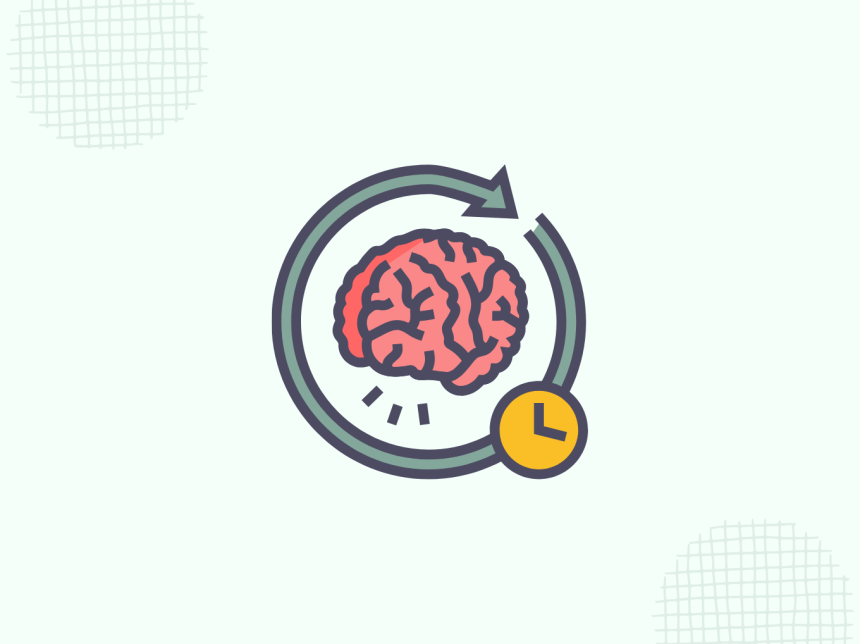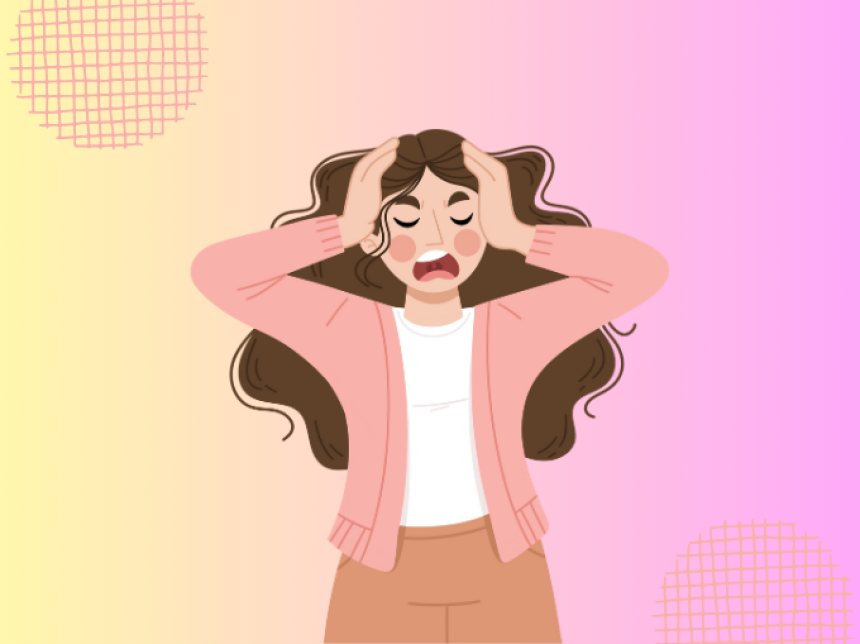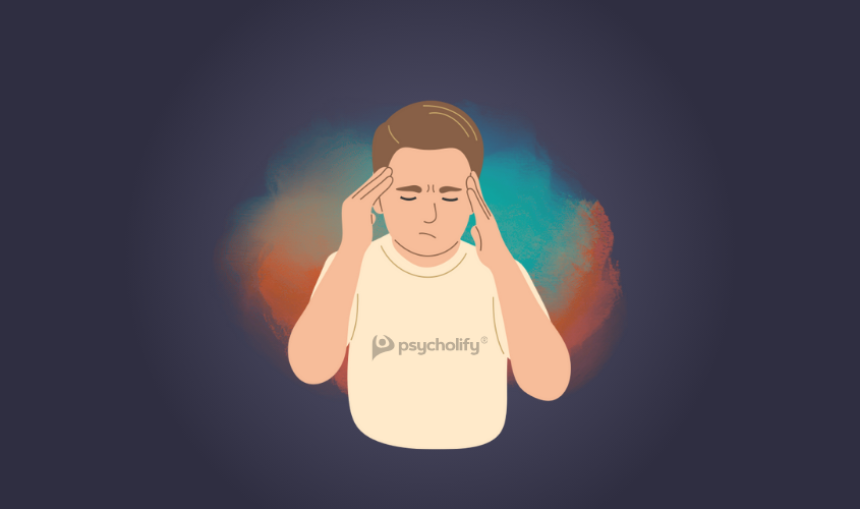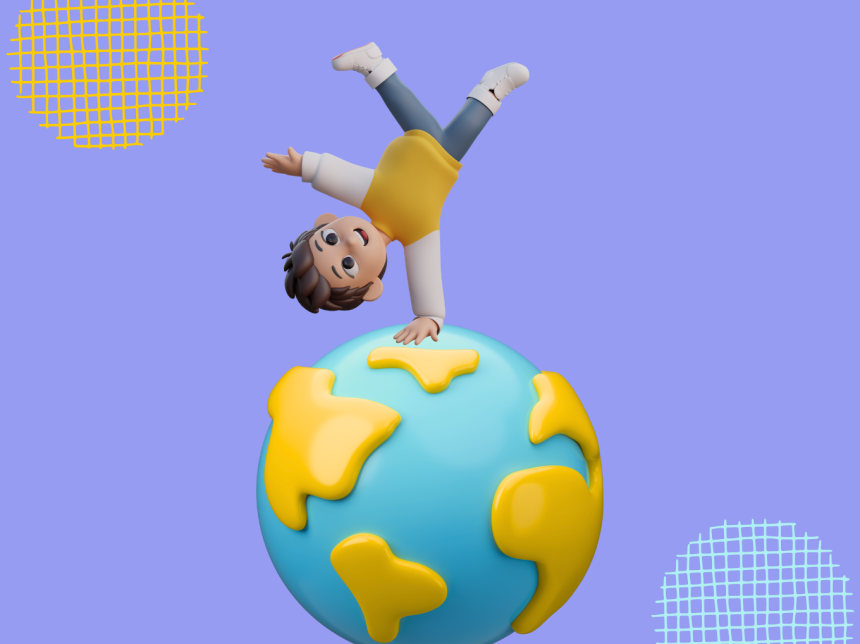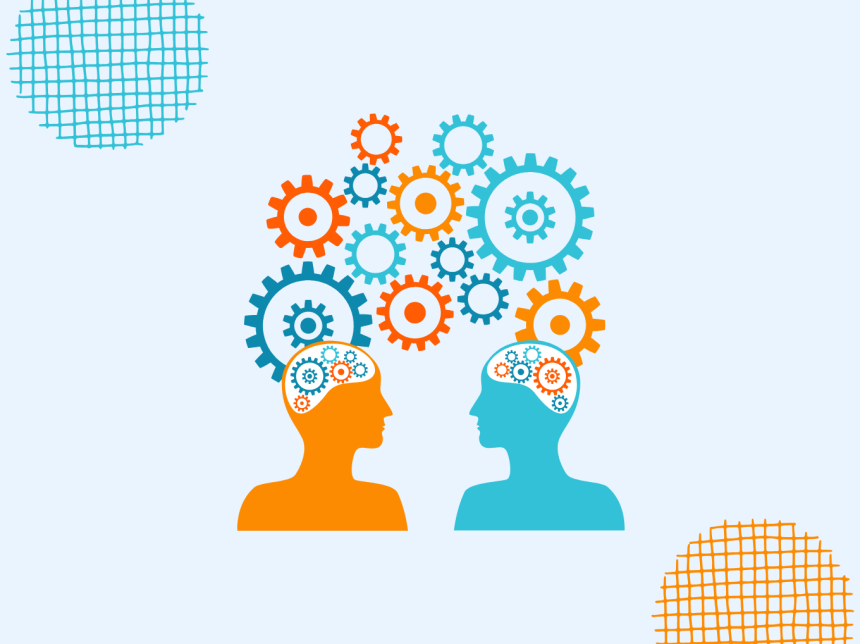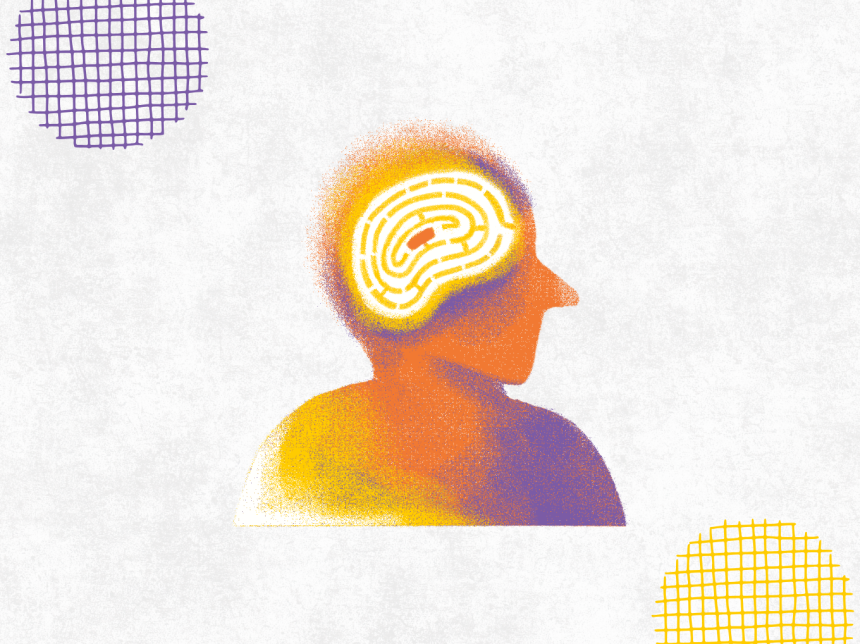
Consciousness and Physiological Processes: Bridging the Mind and Body
Explore the link between consciousness and physiological processes. Learn how the brain, body, and awareness interact to shape human experience.
The Mind–Body Connection
Few topics in psychology and neuroscience are as fascinating as consciousness—our awareness of thoughts, emotions, and the world—and its relationship with physiological processes.
Consciousness has long puzzled philosophers, while physiologists and neuroscientists investigate how brain activity, hormones, and bodily states give rise to subjective experience. Understanding this link is crucial for unraveling the mysteries of human behavior, mental health, and even artificial intelligence.
Defining ConsciousnessLevels of Consciousness
- Wakefulness: Active, alert state.
- Sleep: Cyclical stages, including REM and non-REM.
- Altered States: Meditation, hypnosis, or drug-induced changes.
Key Features
- Awareness: Knowledge of internal states and external environment.
- Self-reflection: The ability to think about one’s own thoughts.
- Intentionality: Directed focus and attention.
Physiological Foundations of ConsciousnessBrain Structures Involved
- Cerebral Cortex: Higher-order processing, thought, and decision-making.
- Thalamus: Relay station for sensory input.
- Reticular Activating System (RAS): Regulates wakefulness and arousal.
Neural Activity and Brainwaves
- Beta waves: Active thinking and problem-solving.
- Alpha waves: Relaxed but alert states.
- Theta and Delta waves: Deep relaxation and sleep.
Neurotransmitters and Chemicals
- Acetylcholine: Regulates attention and memory.
- Dopamine: Motivation, reward, and alertness.
- Serotonin: Mood, sleep, and consciousness regulation.
The Role of Sleep and DreamsStages of Sleep
- Non-REM sleep supports memory consolidation and physical repair.
- REM sleep is linked to vivid dreams and emotional regulation.
Dream Theories
- Freud: Dreams as expressions of unconscious desires.
- Activation-Synthesis Theory: Dreams reflect random brain activity.
- Modern Cognitive Theories: Dreams help process memories and emotions.
Altered States of ConsciousnessMeditation and Mindfulness
Reduce stress, enhance awareness, and alter brainwave patterns.
Hypnosis
Changes in attention, perception, and suggestibility with measurable physiological shifts.
Psychoactive Substances
Drugs like caffeine, alcohol, or psychedelics profoundly alter neural activity and subjective experience.
Physiological Processes Influencing ConsciousnessThe Autonomic Nervous System
- Sympathetic branch: “Fight or flight” arousal.
- Parasympathetic branch: Relaxation and recovery.
Hormonal Regulation
- Cortisol: Stress hormone influencing alertness.
- Melatonin: Regulates sleep-wake cycles.
- Endorphins: Enhance mood and reduce pain perception.
The Heart–Brain Connection
Recent research highlights cardiac and respiratory rhythms influencing conscious states.
Consciousness, Physiology, and Mental HealthDisorders of Consciousness
- Coma: Prolonged unconscious state due to brain injury.
- Vegetative State: Wakefulness without awareness.
- Locked-in Syndrome: Full consciousness but no motor control.
Anxiety and Stress
Physiological hyperarousal alters attention, awareness, and decision-making.
Depression
Disruptions in sleep cycles, neurotransmitters, and consciousness patterns.
Mind–Body Therapies
Yoga, biofeedback, and mindfulness integrate physiological regulation with conscious awareness.
Theories of ConsciousnessDualism vs. Materialism
- Dualists argue mind and body are distinct.
- Materialists claim consciousness emerges from brain activity.
Integrated Information Theory (IIT)
Consciousness corresponds to the level of integrated information in a system.
Global Workspace Theory (GWT)
Consciousness arises when information is globally accessible across brain networks.
Higher-Order Theories
Consciousness depends on the brain’s ability to represent and reflect on its own states.
Applications and Future DirectionsMedicine
- Monitoring consciousness in surgery and anesthesia.
- Improving recovery in patients with brain injuries.
Artificial Intelligence
Exploring whether machines can achieve a form of conscious awareness.
Neuroscience
Advancing brain imaging to better map consciousness to physiological activity.
Society and Ethics
Debates on free will, responsibility, and human identity in light of consciousness research.
Integrating Mind and Body
Consciousness is not separate from physiology—it is deeply rooted in the brain, body, and their dynamic interactions. Neural activity, hormonal cycles, and bodily rhythms all shape our awareness, emotions, and sense of self.
By studying consciousness alongside physiological processes, psychology and neuroscience illuminate one of humanity’s greatest mysteries: how the biological body gives rise to the rich inner world of the mind.
